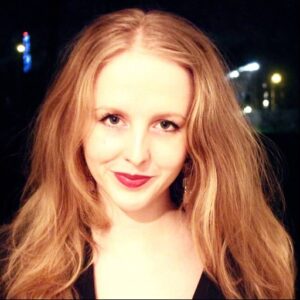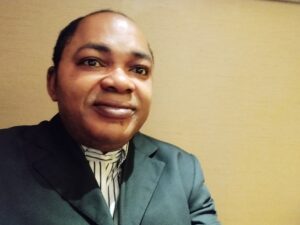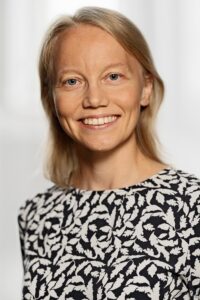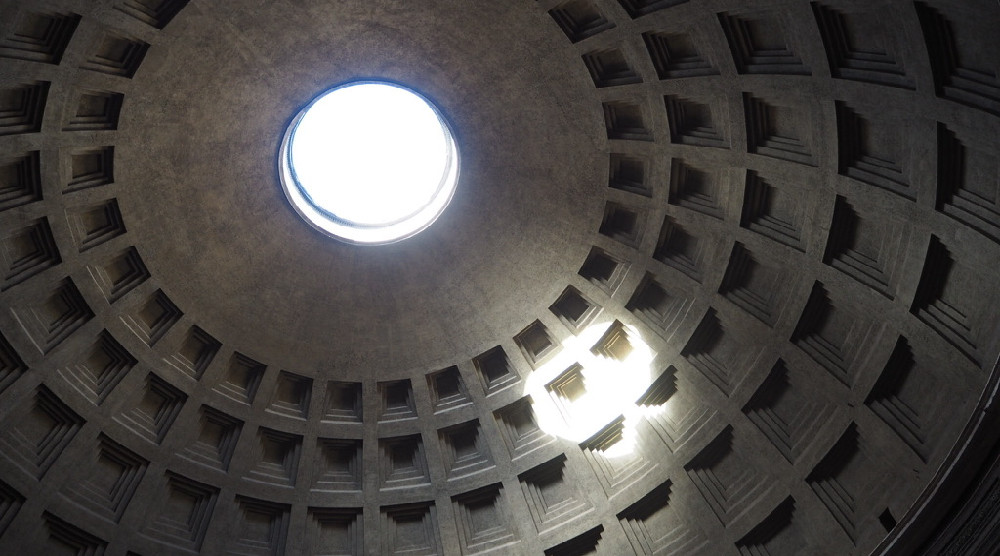
Manon Hedenborg White
Manon Hedenborg White is Associate Professor of History of Religions at Malmö University. Her research focuses on esotericism, new religious movements, and spirituality with a particular emphasis on issues of gender, sexuality, and authority. She is the author of The Eloquent Blood: The Goddess Babalon and the Construction of Femininities in Western Esotericism (Oxford University Press, 2020), co-editor of Esotericism and Deviance (Brill, 2023), and author of more than 20 research articles and book chapters. She is co-director of the Esotericism, Gender, and Sexuality Network (ESOGEN) and serves on the board of the European Society for the Study of Western Esotericism.
Keynote lecture: “That I may achieve enlightenment”: Women’s masonic activity and rituals in Sweden 1776–1803
This lecture explores the emergence and development of women’s masonic activity in Sweden in the late-eighteenth through early-nineteenth century, arguing that mixed and female masonic orders enabled alternative conceptions of femininity in early modernity. While the Anderson Constitutions of 1723 bars women from initiation, the mid-eighteenth century witnessed the establishment of several mixed orders inspired by masonry in Europe. In France, female family members of male masons were initiated into a parallel degree system via so-called Adoption lodges from the 1740s on. Adoption lodges spread across mainland Europe through the second half of the eighteenth century, attracting women from the highest strata of society, including at the Swedish royal court. The starting point for the lecture is 1776, marking the initiation of Hedwig Elisabeth Charlotte of Holstein-Gottorp, by her husband, Duke Charles (later Charles XIII), the end point coinciding with the banning of all secret societies at the Swedish court in 1803. I will discuss the activities and grade symbolism of the women’s lodge of Adoption led by Duchess Charlotte, as well as the short-lived, co-masonic lodge Gula Rosen (Eng. “The Yellow Rose”). Though primarily available to elite women, I will argue that women’s activity in mixed and female masonic orders challenged early-modern gender norms, and that grade symbolism within these orders put forth a positive view of women’s spiritual and intellectual striving and capacity.

Roger Munsi Vanzila
Roger MUNSI VANZILA, PhD, is professor of anthropology and multiculturalism at Nanzan University (Nagoya, Japan). He is also a member of the Nanzan Anthropological Institute and Anthropos Institute International, and simultaneously, collaborates with the Center d’Études Ethnologique de Bandundu (CEEBA) in the DRC and the Research Center for Nonwritten Cultural Materials of Kanagawa University in Japan. His current research interests include religious practices and related socio-cultural aspects of the present-day remnants of Kakure Kirishitan communities in Japan, and the socio-political institutions, religious practices a, and cultural performances of the Sakata people in the DRC. Professor Munsi’s seminal book (in Japanese) on The Biography of Murakami Shigeru: A Kakure Kirishitan Leader from Sotome-Kurosaki who converted to Catholicism (2012) received an Academic Award in June 2013 from the Japan Association of Catholic Universities. Beside numerous academic articles, he recently published The Dancing Church of the Congo: Missionary paths in a changing Society (20222) and co-authored books on Human Dignity: An Interdisciplinary Approach (2022) and The Relationship between Cotton and Humans: From History to Memories (2022). Forthcoming book are two collections entiled Kirishitan Shrines and Festivals in Japan: Looking at the Religiosity of Local Communities and The Sakata Society in the Congo: Socio-Political and Religious Organizational Patterns.
Keynote lecture: Kirishitan Shrines in Nagasaki Settings: Looking at the Religiosity of Local Communities
The present-day remnants of Kakure Kirishitan practitioners are descendants of Japanese Catholics who were persecuted in the early 1600s and subsequently went underground, practicing their faith secretly for approximately 250 years. Left without priests and scattered throughout Japan-especially Nagasaki prefecture, they developed their own rituals, liturgies, symbols, and a few texts, adapting them from remnants of 16th century Portuguese Catholicism and often camouflaging them in forms borrowed from the surrounding Buddhism and Shinto. Today these faith-based communities constitute a very small, marginalized minority of the local populace. Ethnographic and historical traces of these religious minorities demonstrate at least three broad types of religious sites: gravestones, Kirishitan shrines, and private ritual settings. This study draws on a narrative analysis approach to investigate te distinctive aspects of Kirishitan shrines within the context of striking religious phenomenon readily observable in the lived experiences and relics of Kakure Kirishitan practitioners in Nagasaki settings. Using ethnographic techniques, the synthesis suggests that Kirishitan shrines inherently display the religiosity of Kakure Kirishitan practitioners seemingly integrated into supporting local communities. Thus contextualized examination, thus, reinforces the significance of Kirishitan shrines as sacred sites and institutions representing the footprints of the Christian mission in Japan. At the very least, their facets and contours reflect not only a form of sacred syncretism but also the symbolism off a sub-culture, often silent, but fully understood within a Christian and Japanese tradition. In general, therefore, the study proposes a refined interpretative tool for demonstrating how Kirishitan shrines have been, within Christian material religion, extended not only to other sacred objects that are ritually scribed dual nature such as Kirishitan festivals, but also to both religious texts and material vessels to a greater spiritual extent. This study highlights mechanisms by which the Kakure Kirishitan religion’s adaptation and preservation functions in the lives of its followers can lead to religious vitality and affirmation in changing localities.

Elisa Uusimäki
Elisa Uusimäki (PhD, University of Helsinki 2013; dr.theol., Aarhus University 2022) serves as professor of Hebrew Bible/Old Testament Studies and as the Principal Investigator of the ERC funded project “An Intersectional Analysis of Ancient Jewish Travel Narratives” (2021–2026) at Aarhus University, Denmark. Uusimäki studies the literary and cultural history of Judaism in antiquity, working across the corpora of the Hebrew Bible, Septuagint, Dead Sea Scrolls, Pseudepigrapha, and the works of Philo of Alexandria and Flavius Josephus. In addition to her current research on travel and mobility, she has published on topics such as early Jewish wisdom literature, lived ancient religion, gender and intersectionality, cultural interaction in the ancient world, and manuscript studies.
Keynote lecture: Hidden or homebound? In Search of the Bible’s Female Travellers
Since antiquity, women have often been associated with sessility and domestic spaces, while a great deal of famous travellers have been men. Women have always been on the move, however, even if cultural expectations and divisions of labour have shaped patterns of human mobility in gendered ways. The same applies to the women of the biblical tradition, even though the Bible has been ignored in discussions of ancient travel literature. In this presentation, I seek to rethink our view of travel history by investigating women’s movement in antiquity based on its literary representations in the Bible and cognate texts. I argue that the extant sources reveal a surprising range of women on the move. Although they do not provide us with direct access to socio-historical realities in the ancient world, they do serve as valuable documents of cultural history, preserving a wealth of ancient social and cultural imaginaries of female mobility.
